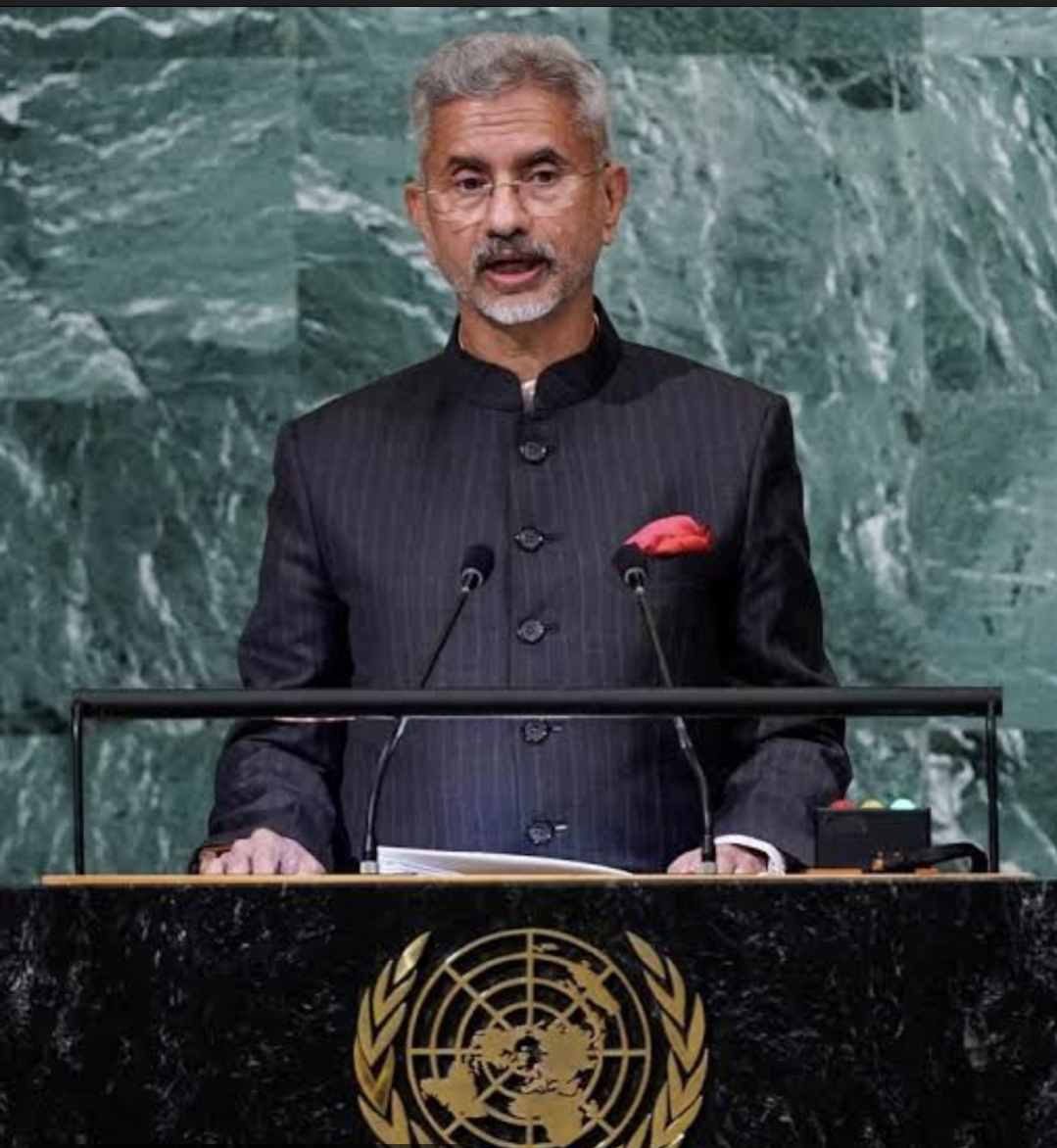On the 25th of September, EAM Dr Subrahmanyam Jaishankar addressed the 77th session of the UN General Assembly. The Minister outlined India’s commitment towards multilateralism, evidenced, by the decision to supply vaccines to over 100 nations, provide disaster relief to those in distress, and partner with other countries, with a focus on green growth, better connectivity, digital delivery and accessible health.
Dr Jaishankar declared that India is filling gaps in humanitarian needs in nearby countries and regions, mentioning the supplies of 50,000 metric tonnes of wheat and multiple tranches of medicines and vaccines sent to Afghanistan, the extension of $3.8 billion worth of credit to Sri Lanka for fuel, essential commodities and trade settlement, and the supply of 10,000 metric tons of food aid and vaccine shipments to Myanmar.
Turning to the situation in Ukraine, Jaishankar categorically outlined India’s position, emphasising that India is on the side of peace and will remain firmly there. He also mentioned that India is on the side that respects the UN Charter and its founding principles and reiterated the need for dialogue and diplomacy.
Noting that the COVID-19 pandemic has called into question the over-centralised nature of globalisation, Dr Jaishankar said that the world is poised for “transformational change”. The war in Ukraine and climate events have also, he continued, added to the disruption the world is already facing.
As India will be completing its tenure in the Security Council as a non-permanent member this year, EAM highlighted some of India's achievements on the big table. He said that India has focused on concerns such as maritime security, peacekeeping and counter-terrorism. On the latter, he mentioned the special meeting of the Counter-Terrorism Committee this year, hosted in India, which chairs the Committee, and invited the Member States to participate. He also added that India, which has borne the brunt of cross-border terrorism for decades, calls for zero-tolerance on terrorism.
EAM also called for reforms of the UN Security Council, noting that it was "anachronistic and ineffective". He described it as unfair, denying entire continents and regions a voice in a forum that deliberates their future.
Dr Jaishankar called for negotiations on the matter to be addressed, and proceed sincerely, rather than being blocked by procedural tactics.
